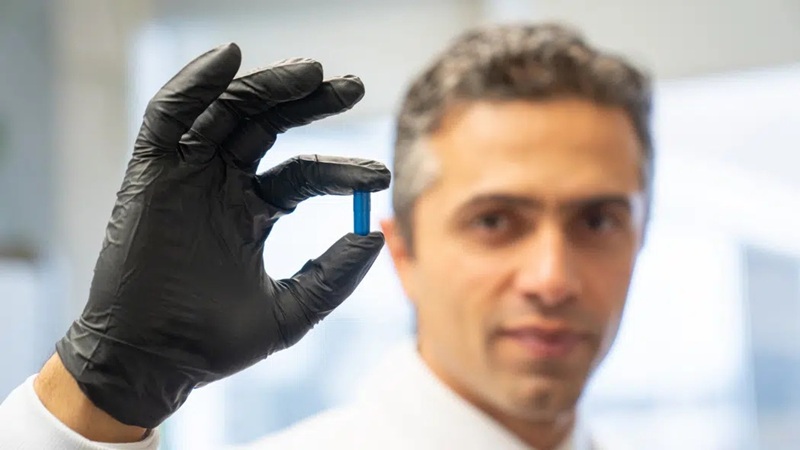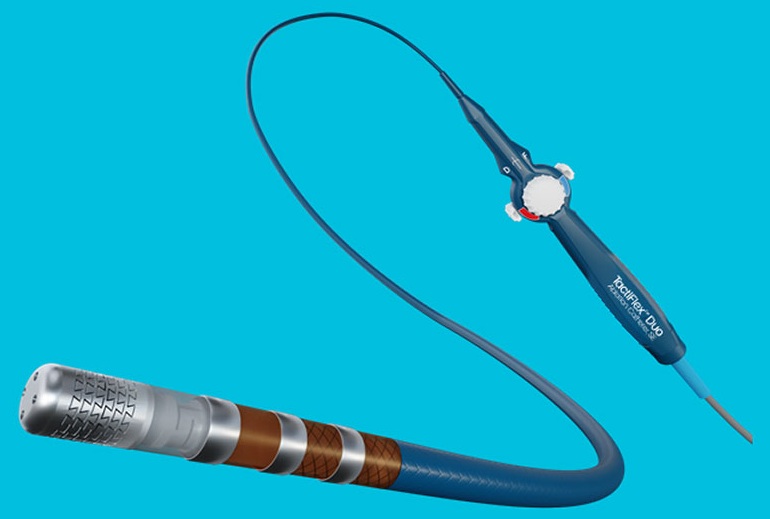AI Predicts Short-Term Risk of Atrial Fibrillation Using 24-Hour Holter Recordings
|
By HospiMedica International staff writers Posted on 22 Jun 2022 |
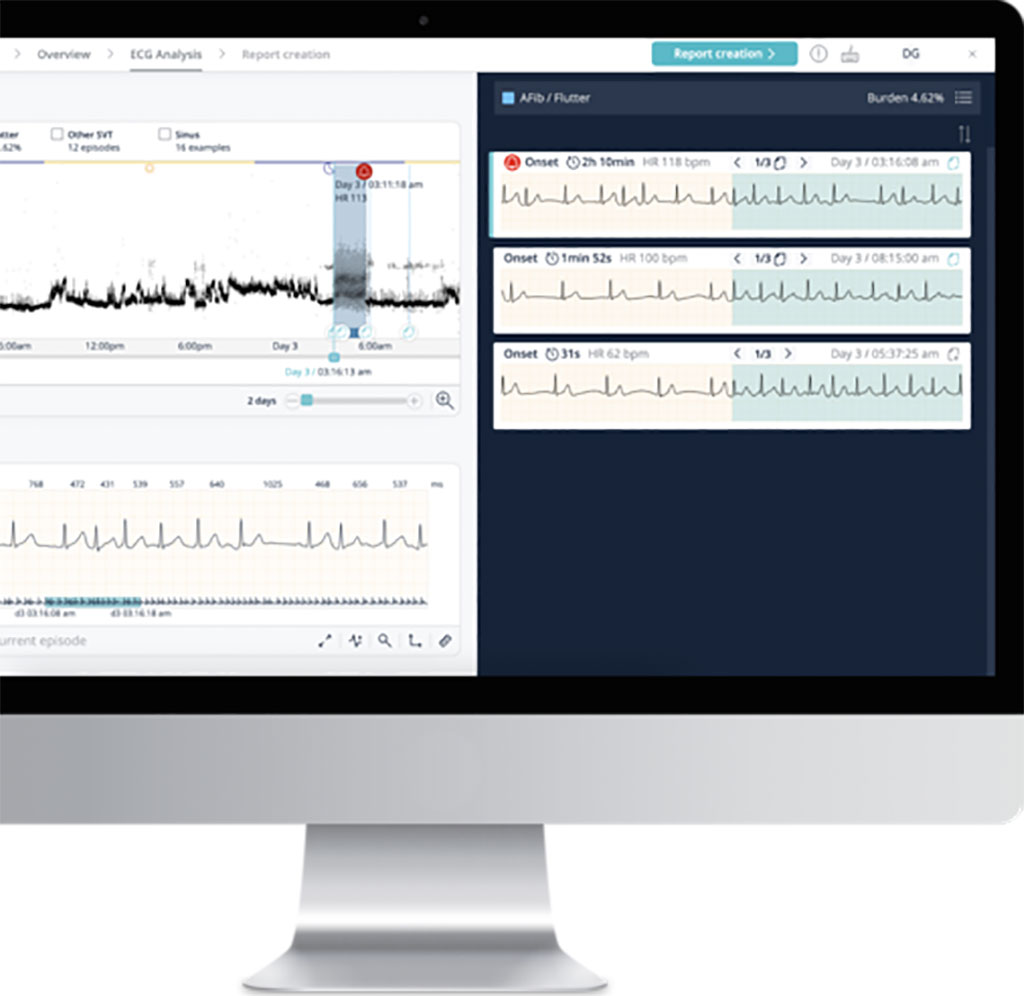
Atrial Fibrillation (AFib) affects millions of people each year. However, the condition is often unrecognized and untreated. Nowadays, patients are subject to 24-hour ambulatory electrocardiograms (ECGs) to receive a diagnosis, but this short-duration recording is known to have a low diagnostic yield and misses many patients with infrequent AFib episodes. Now, a first-of-its-kind study has demonstrated the capability of artificial intelligence (AI) in predicting AFib in the short-term using 24-hour Holter compared to resting 12-lead ECGs. While 12-lead ECG gives access to a larger view of the hearts' activity for a short period, 24-hour Holter provides longer-duration signals, therefore, offering additional inputs for predicting models.
The study consisted of training Cardiologs’ (Paris, France) deep neural network to predict the near-term presence or absence of AFib by only using the first 24 hours of an extended Holter recording. Results showed that the network was able to predict whether AFib would occur in the near future with an area under the receiver operating curve, sensitivity, and specificity of 79.4%, 76%, and 69%, respectively, and outperformed ECG features previously shown to be predictive of AFib. These results showed a 10-point improvement compared to a baseline model using age and sex.
"Cardiologs' study shows that 24-hour Holter data can be used to enhance current monitoring capabilities, bringing hope to high-risk patients who would benefit from proactive treatment and AFib mitigation strategies," said Dr. Jagmeet Singh, Cardiologist at Massachusetts General Hospital (MGH) and Professor of Medicine at Harvard Medical School, who led the study. "By getting patients the care they need sooner and potentially preventing more severe outcomes, we could help save many lives."
"The extension of AI capabilities towards predictions and digital biomarkers has the potential to bring improved health outcomes leading to new diagnostic paradigms," added Cardiologs CEO and co-founder Yann Fleureau. "Predictive biomarkers may lead to early detection, optimized patient monitoring, and improved patient management in general. At Cardiologs, we are excited to be at the forefront of innovations that help set a new standard of patient care."
Related Links:
Cardiologs
Channels
Critical Care
view channel
AI Risk Prediction Tool Improves Treatment of Cancer Patients after Heart Attack
Cancer patients who experience a heart attack face a uniquely dangerous combination of risks, including higher chances of death, bleeding, and repeat cardiac events. Because of this complexity, they have... Read more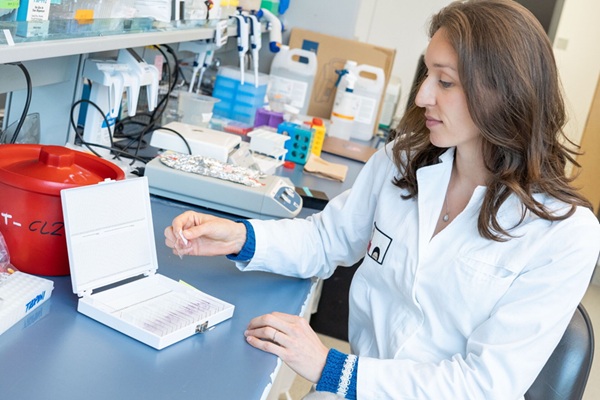
Glowing Bacterial Sensors Could Improve Detection of Gut Illness
Diagnosing gastrointestinal diseases often relies on invasive procedures such as endoscopy, which provide only a single snapshot of gut health. These methods make it difficult to track how diseases progress... Read moreSurgical Techniques
view channel
New Classification System Brings Clarity to Brain Tumor Surgery Decisions
Low-grade brain tumors known as IDH-mutant gliomas (CNS WHO grade 2) are life-threatening despite their slow growth. Surgeons must balance maximal tumor removal against the risk of neurological deficits,... Read more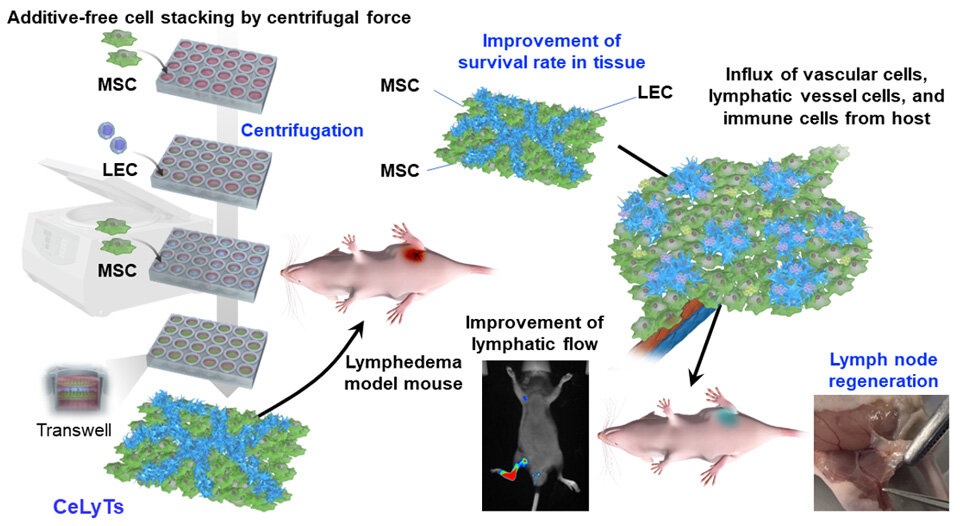
Boengineered Tissue Offers New Hope for Secondary Lymphedema Treatment
The rising global incidence of cancer has led to an increasing number of surgeries involving lymph node removal. While these procedures are critical for cancer staging and preventing metastatic spread,... Read morePatient Care
view channel
Revolutionary Automatic IV-Line Flushing Device to Enhance Infusion Care
More than 80% of in-hospital patients receive intravenous (IV) therapy. Every dose of IV medicine delivered in a small volume (<250 mL) infusion bag should be followed by subsequent flushing to ensure... Read more
VR Training Tool Combats Contamination of Portable Medical Equipment
Healthcare-associated infections (HAIs) impact one in every 31 patients, cause nearly 100,000 deaths each year, and cost USD 28.4 billion in direct medical expenses. Notably, up to 75% of these infections... Read more
Portable Biosensor Platform to Reduce Hospital-Acquired Infections
Approximately 4 million patients in the European Union acquire healthcare-associated infections (HAIs) or nosocomial infections each year, with around 37,000 deaths directly resulting from these infections,... Read moreFirst-Of-Its-Kind Portable Germicidal Light Technology Disinfects High-Touch Clinical Surfaces in Seconds
Reducing healthcare-acquired infections (HAIs) remains a pressing issue within global healthcare systems. In the United States alone, 1.7 million patients contract HAIs annually, leading to approximately... Read moreHealth IT
view channel
EMR-Based Tool Predicts Graft Failure After Kidney Transplant
Kidney transplantation offers patients with end-stage kidney disease longer survival and better quality of life than dialysis, yet graft failure remains a major challenge. Although a successful transplant... Read more
Printable Molecule-Selective Nanoparticles Enable Mass Production of Wearable Biosensors
The future of medicine is likely to focus on the personalization of healthcare—understanding exactly what an individual requires and delivering the appropriate combination of nutrients, metabolites, and... Read moreBusiness
view channel
Medtronic and Mindray Expand Strategic Partnership to Ambulatory Surgery Centers in the U.S.
Mindray North America and Medtronic have expanded their strategic partnership to bring integrated patient monitoring solutions to ambulatory surgery centers across the United States. The collaboration... Read more
FDA Clearance Expands Robotic Options for Minimally Invasive Heart Surgery
Cardiovascular disease remains the world’s leading cause of death, with nearly 18 million fatalities each year, and more than two million patients undergo open-heart surgery annually, most involving sternotomy.... Read more
WHX in Dubai (formerly Arab Health) to debut specialised Biotech & Life Sciences Zone as sector growth accelerates globally
World Health Expo (WHX) in Dubai, formerly Arab Health, which takes place from 9-12 February 2026 at the Dubai Exhibition Centre (DEC), has officially announced the launch of a new dedicated Biotech &... Read more











